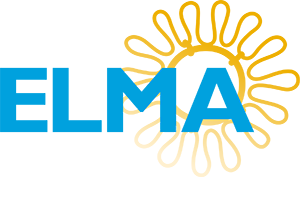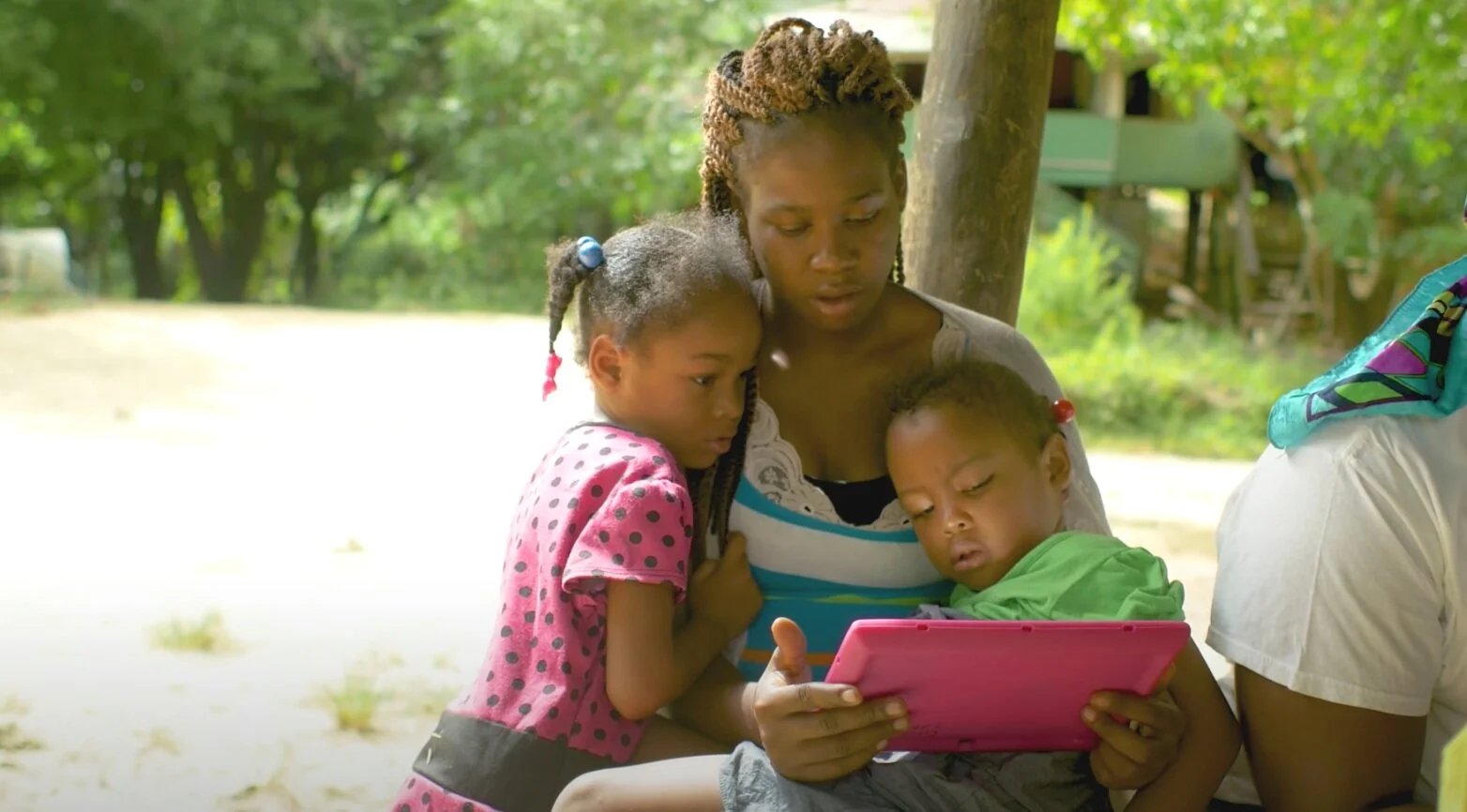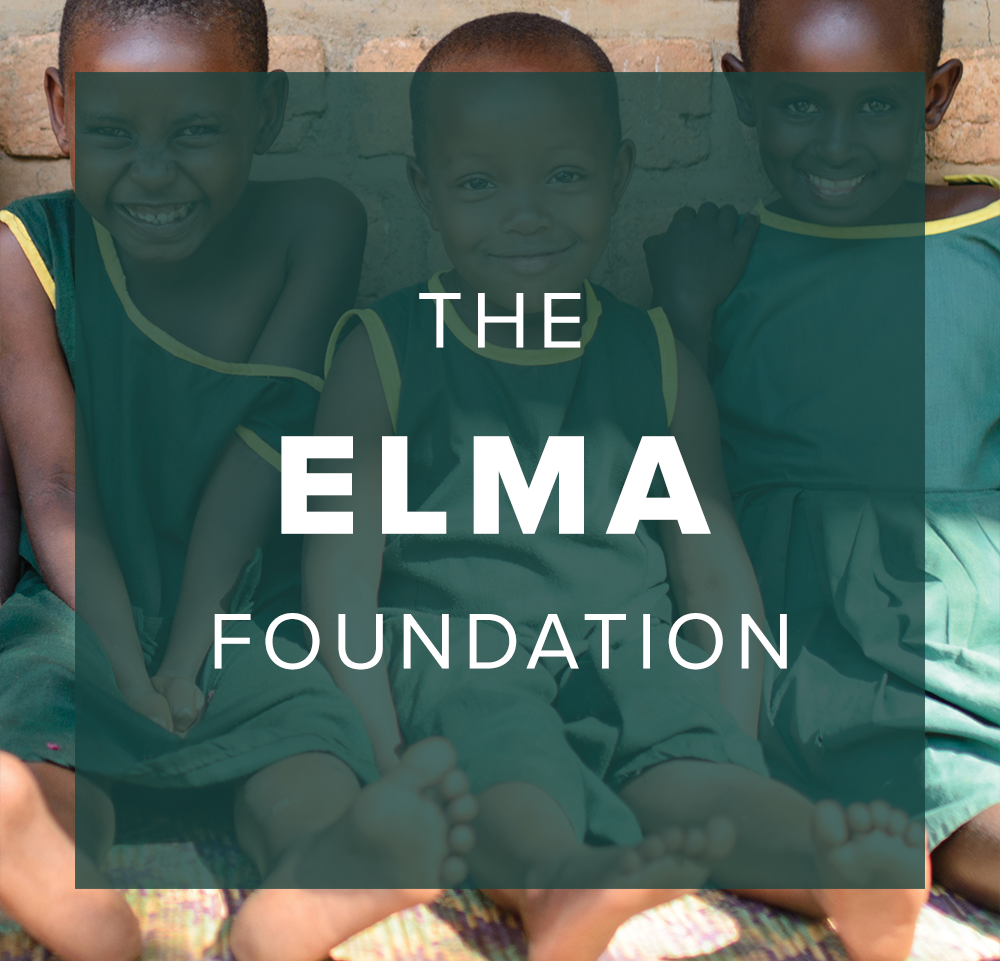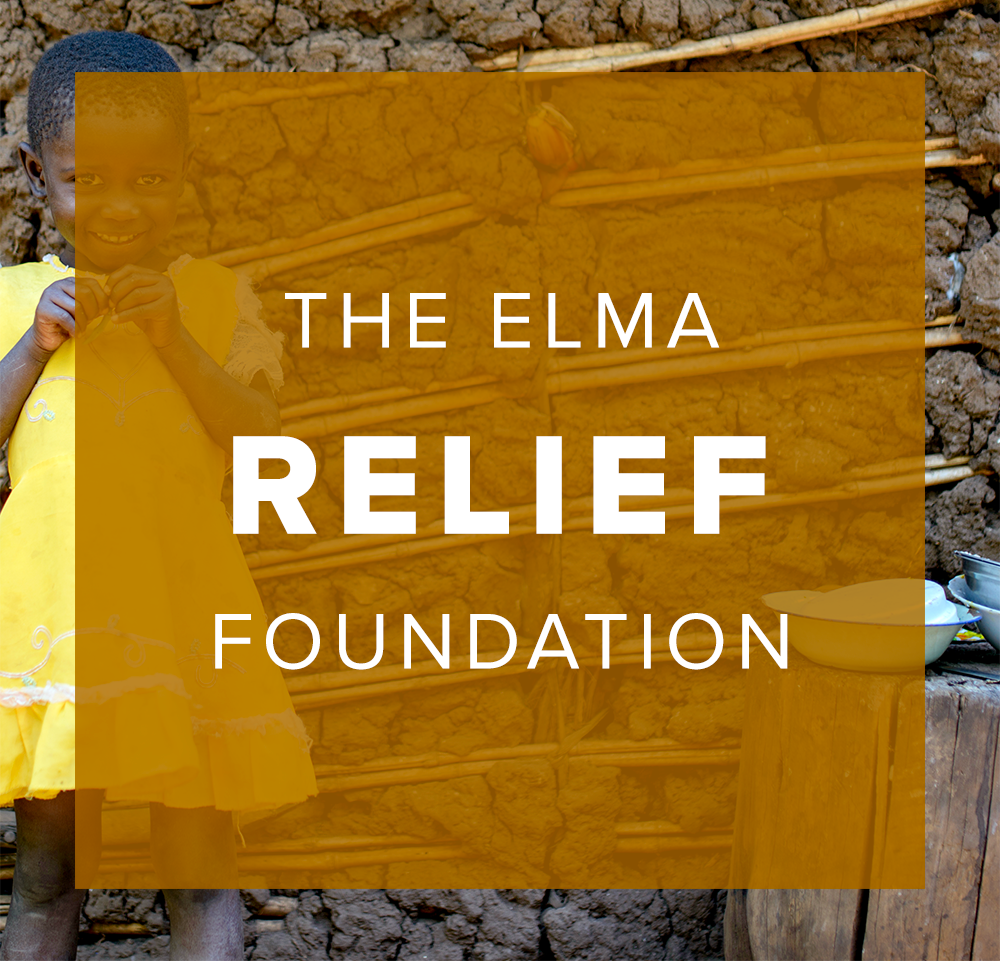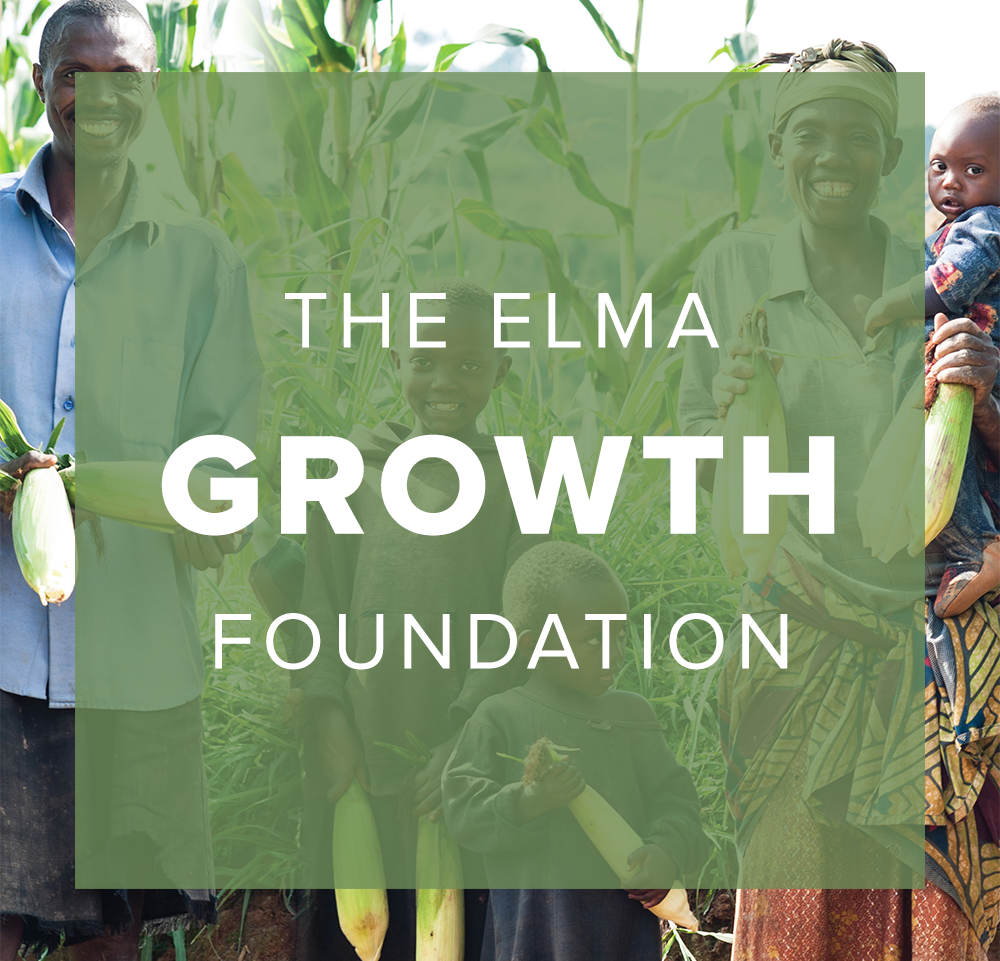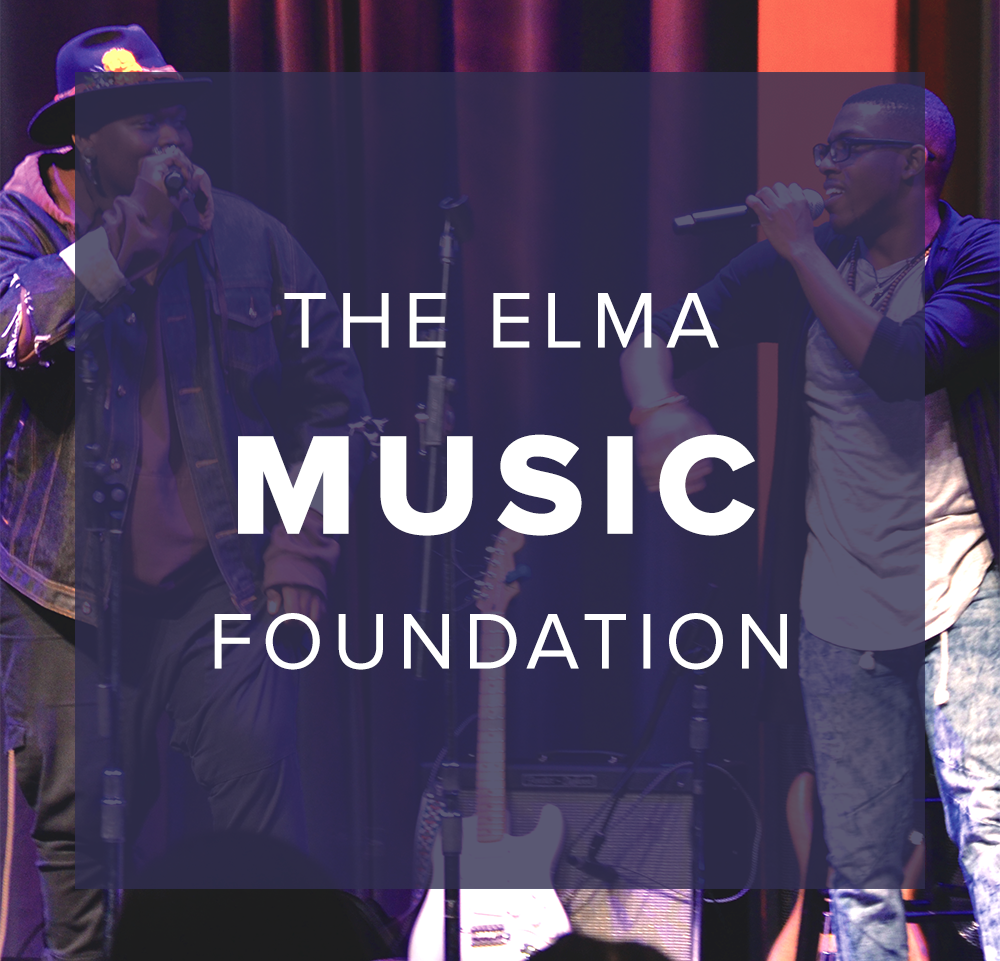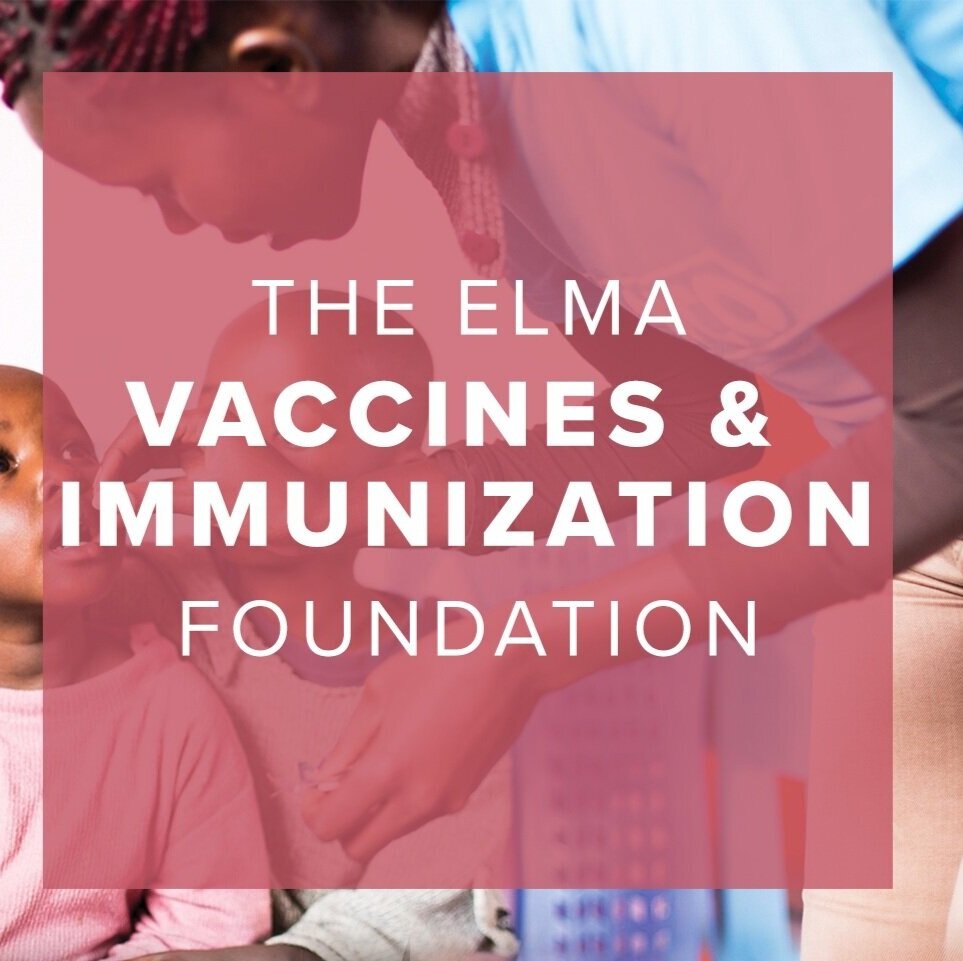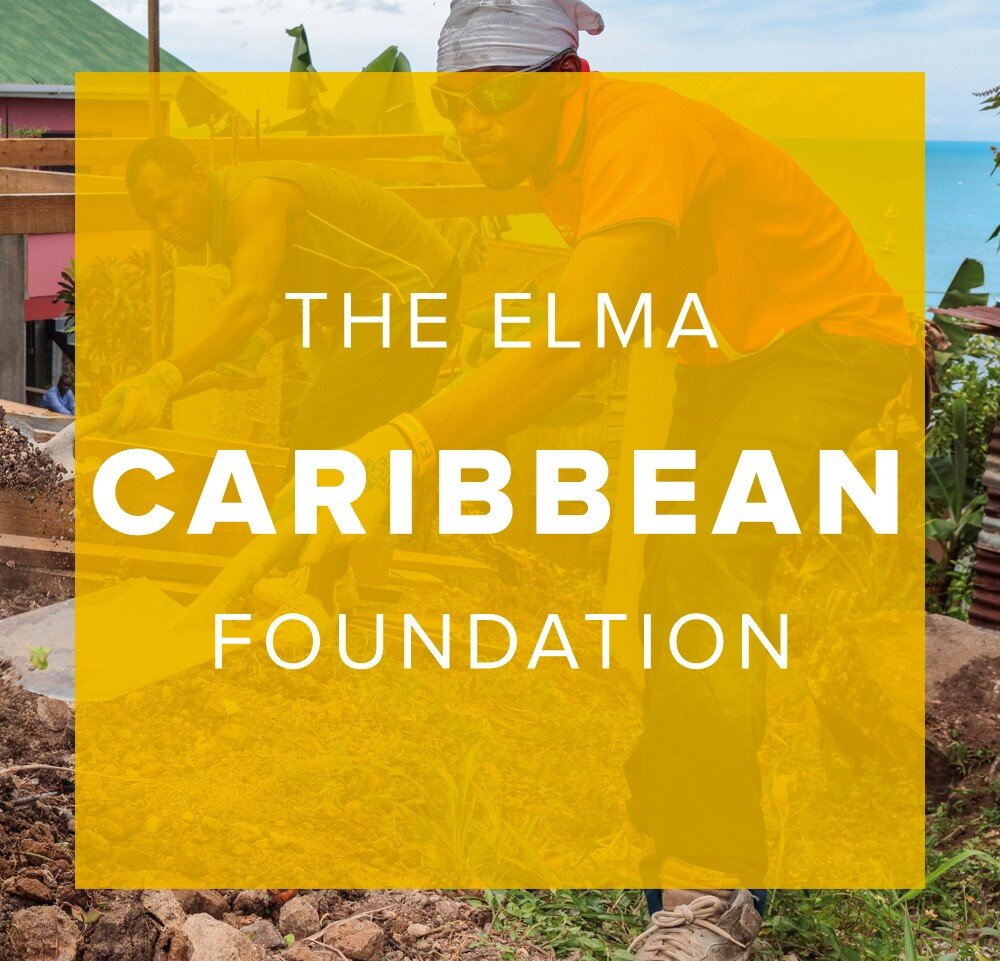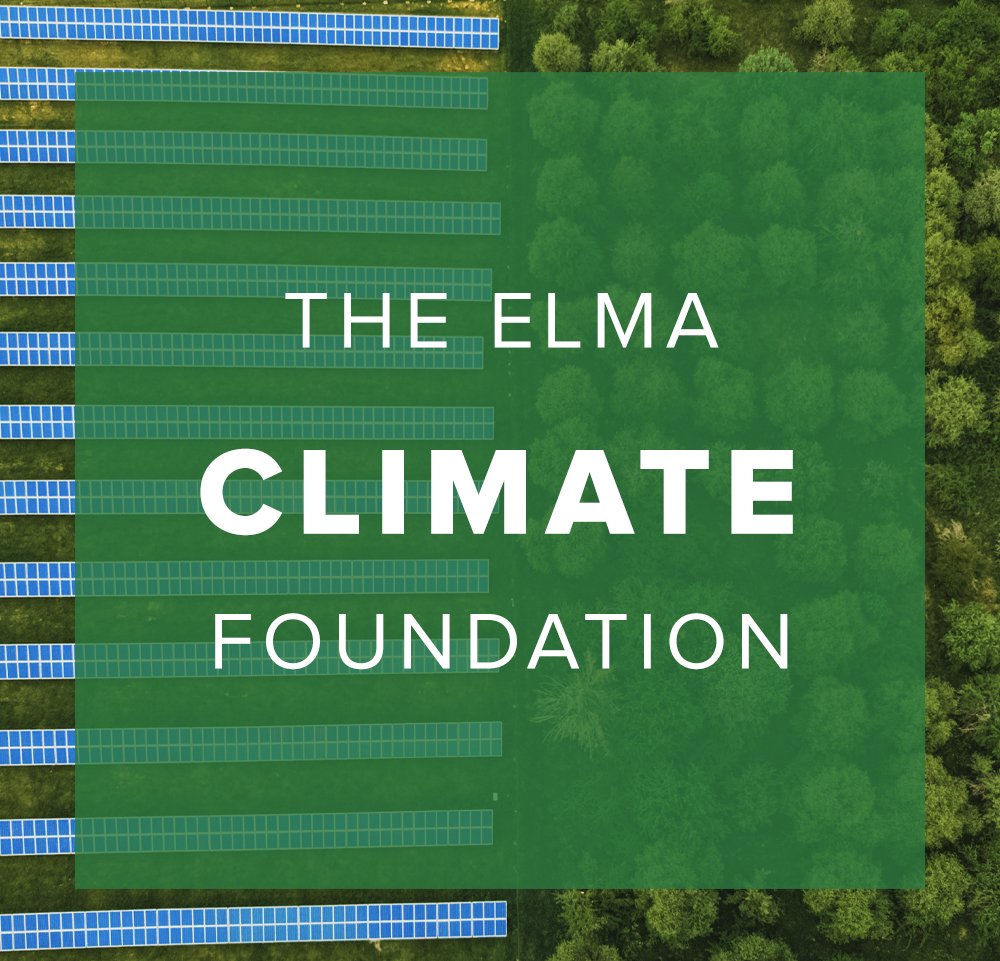Using Technology to Communicate
COVID-19 Health Information
to Hard-to-Reach Communities
July 22, 2020
Sanjana Janardhanan
Program Officer
ELMA Philanthropies
Photo: Digital MEdiC
Access to credible and actionable health information is essential for communities to stay informed about how to engage in safe and healthy behavior and curb the COVID-19 pandemic.
Digital and mass communication tools are emerging as a critical strategy to reach communities most at-risk during the COVID-19 crisis. Across ELMA’s COVID-19 portfolio, partners are using national and community-based radio stations as well as digital messaging platforms, like WhatsApp, to ensure that communities are receiving timely and accurate information that has been designed to address various cultural and socio-economic contexts.
Investing in COVID-19-related content and distribution platforms enables civil society and governments to communicate to the public on a mass scale, which battles disinformation and public fatigue, and mitigates the short-and long-term impact of the virus.
ELMA's investments in organizations creating COVID-19-related content and distribution platforms will help enable civil society and governments to communicate to the public on a mass scale, which battles disinformation and public fatigue, and mitigates the short-and long-term impact of the virus. These investments are:
Digital MEdiC, a collaborative of educators within the Stanford Centre for Health Education (Stanford Programmes), has created a toolkit of mobile-friendly health and hygiene resources specifically designed for people in low-resource environments.
The Digital MEdiC toolkit uses infographics and images to easily communicate concepts regardless of literacy and educational levels, including instructions on how to build tippy-tap hand washing stations, use sanitizer effectively, and other COVID-19-related information. Digital MEdIC resources are expected to reach 120 million people across Africa and Asia, and will be used to train community health workers in partnership with Medic Mobile (using mobile technology to equip last-mile health workers in hard-to-reach geographies), and Philani (a network of mentor mothers, who support vulnerable mothers and babies in South Africa).
The Digital MEdiC mobile-friendly toolkit uses infographics and images to easily communicate COVID-19 health and hygiene information
Reach Digital Health's Health Connect uses the WhatsApp mobile platform as a tool to disseminate timely and accurate COVID-19-related health education information to the public, quickly and on a mass scale. Health Connect links patients and health workers to health systems by providing information, encouraging testing and early detection, and by providing psychosocial support.
Health Connect, which was launched at the onset of the COVID-19 pandemic in South Africa, is now in partnership with the WHO and is expanding the service to reach communities across Africa and Asia. In the first 11 weeks of the expanded launch, Health Connect reached over 20 million users in 10 countries, and globally through WHO, with 887,000 returning daily for updates.
The DG Murray Trust, through the Innovation Edge, has launched Sikhaba iCOVID-19 (Let’s Kick COVID-19), a public service announcement and talk show campaign that airs on 15 vernacular and English radio channels across South Africa. In South Africa, only a third of the population owns a smartphone, but radio remains a popular and accessible medium in South Africa, with local-language stations reaching 5-7 million people per week across the country.
Sikhaba shares information about COVID-19 and its prevention on-air at the same time every day, and reinforces positive behavior by celebrating communities and individuals who are emerging as role-models during the pandemic.
The MessagesforMothers platform was launched in South Africa in response to the specific needs of pregnant and new mothers during the COVID-19 pandemic. A coalition between four organizations - Embrace Movement for Mothers, Perinatal Mental Health Project, Ilifa Labantwana, and Grow Great in partnership with the SidebySide campaign from the South African National Department of Health – came together to create a platform offering credible & evidence-based advice on parenting in the pandemic, and on physical & mental well-being for new and expectant mothers. The information is shared through a dedicated website, the South African National Department of Health’s WhatsApp service, and a community radio station. To date, Messages for Mothers has reached 500,000 people through their website and WhatsApp service, and an additional 400,000 people through community radio.
Project ECHO uses proven adult learning techniques and interactive videoconferencing technology to engage with health providers on the frontline who are preparing and responding to the influx of COVID-19 patients by offering training, technical support, data tracking, and an online library of content at no cost to low-resource communities.
Project ECHO has devoted its entire organizational effort to combating COVID-19, through training 175,000 health professionals globally on COVID-19 preparedness and response. Through its partnerships with the Africa Centers for Disease Control and WHO AFRO, they are scaling across nine priority African countries and are expected to reach over 350,000 health professionals and set up 100 new knowledge hubs in the next two years.
Jacaranda Health Solutions Limited (JHSL) has designed and implemented a digital maternal and newborn care package—The Artificial Intelligence (AI)-enabled digital health platform (PROMPTS)—that provides pregnant and new mothers with free maternal and postnatal health information. This platform has been especially beneficial in assuring women are not left behind during the COVID-19 pandemic, as health systems are overburdened and often unable to address their needs.
PROMPTS also provides clinical training and mentorship programs to improve obstetric skills for nurse-midwives in public hospitals using a digitized curriculum hosted on the Nursing Council of Kenya’s website. In partnership with local counties in Kenya, JHSL currently reaches 130,000 mothers and 1,600 providers with an aim to expand their reach to include 430,000 women.
